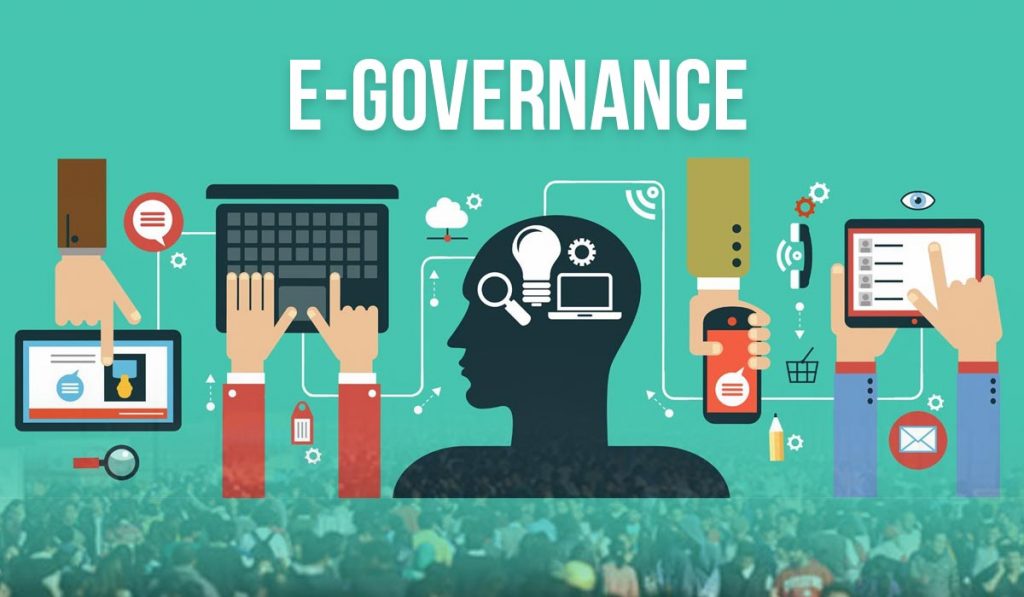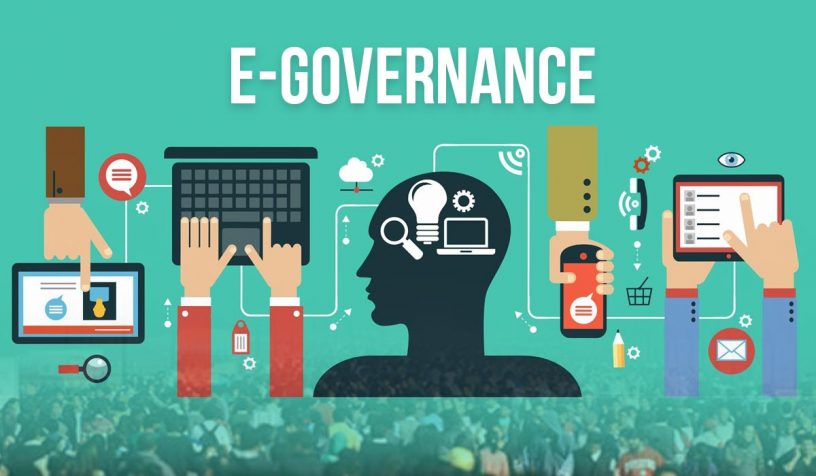
The results of the study show that COVID-19 has emerged as an unexpected thrust for e-governance adoption.
Authors
Apeksha Hooda, Assistant Professor, Jindal Global Business School, O.P. Jindal Global University, Sonipat, Haryana, India.
Ankur Hooda, RPG Group, India.
Summary
The onslaught of COVID-19 has impacted all the spheres of life and caused the entire world to halt. The present study has attempted to investigate whether fear aroused by COVID-19 has raised e-governance adoption in the developing countries, specifically focusing on the rural regions.
The study has utilized the learning from the protection motivation theory. The results show that COVID-19 has emerged as an unexpected thrust for e-governance adoption. The severity, vulnerability, response-efficacy, and self-efficacy components of protection motivation are found to have positive relationship with the attitude to adopt e-governance.
The intrinsic and extrinsic rewards associated with not following the lockdown are found to have a negative relationship with the attitude to adopt e-governance.
The response cost component of protection motivation is found to have an insignificant relationship with the attitude to adopt e-governance. The attitude is found to have positive relationship with the intention to adopt e-governance services.
Published in: International Journal of Electronic Government Research
To read the full article, please click here


